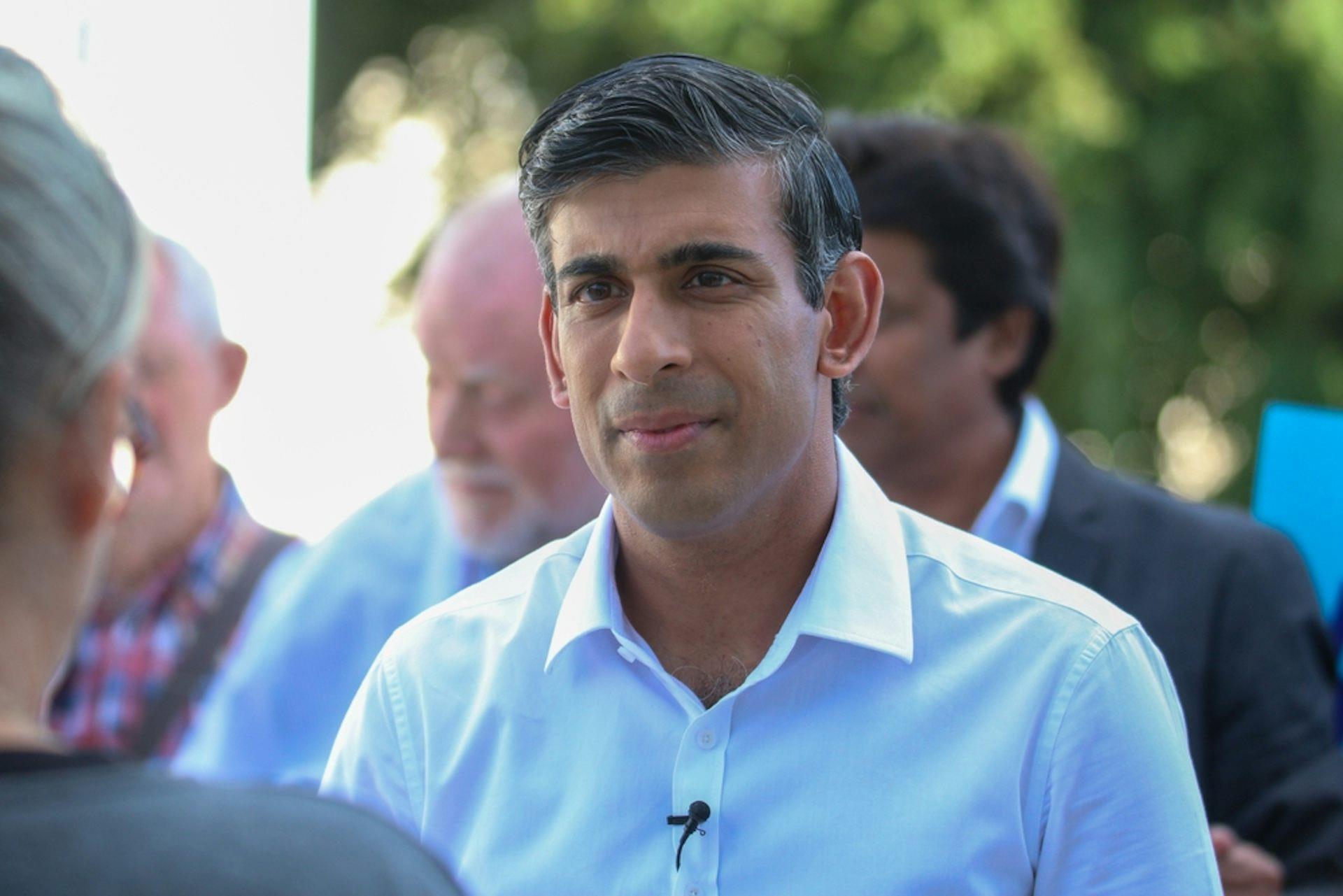
Should The UK Introduce Targeted Prostate Cancer Screening? The Case For And Against
The plan, supported by Prostate Cancer Research, would provide regular screening for men aged 45 to 69, particularly those of African-Caribbean descent or with a family history of the disease.
The case for prostate cancer screening
Pinar Uysal-Onganer, Reader in Molecular Biology, University of Westminster
Prostate cancer is the most common cancer in men in the UK, with more than 63,000 new cases each year. But big gaps remain in who gets diagnosed, how early it's caught and who survives, reflecting differences in race, region and access to healthcare.
African-Caribbean men are twice as likely to develop the disease and are more likely to die from it than white men. The risk is also higher for those with a father or brother who has had prostate cancer. These differences are not purely biological – they also reflect gaps in awareness, access to care and trust in the health system. A targeted screening programme could begin to close that gap.
The screening process would begin with a PSA (prostate-specific antigen) test, which detects the concentration of a protein produced by the prostate gland. If the PSA level is higher than expected, this would trigger a step-by-step diagnostic process, including MRI scans to improve accuracy and, when necessary, a biopsy to confirm the diagnosis.
Recent improvements in imaging technology help doctors to differentiate aggressive prostate cancers from less aggressive ones with much greater accuracy, making modern screening considerably more precise than it was ten years ago.
Early detection is vital in prostate cancer, as it is with many other cancers. Prostate cancer often develops silently for years before any symptoms appear. By the time it is noticed, it may already have spread beyond the prostate gland.
At that stage, treatments such as hormone therapy or chemotherapy can help control the cancer, although rarely cure it. Detecting prostate cancer earlier through targeted screening would enable less invasive and more effective treatment, offering a far greater chance of full recovery.
Importantly, this proposal recognises the need for greater inclusivity in men's health. African-Caribbean men and those living in deprived areas are often underrepresented in clinical research, which contributes to gaps in understanding and poorer outcomes.
A screening model based on scientific evidence and community engagement could help close that gap. It would also encourage younger men, particularly those in their 40s, to take a more active interest in preventive health, replacing fear and stigma with informed confidence.
The proposed programme, estimated to cost £25 million annually (approximately £18 per patient, would be less expensive than many current national screening initiatives while offering potentially transformative benefits.
Notably, men in Scotland, as well as the north-west, West Midlands and Wales, have significantly lower survival rates, indicating persistent geographical inequalities in prostate cancer prognosis. Beyond early diagnosis, the proposal could foster trust and participation among underrepresented groups, stimulate biobank research to better understand ethnic and genetic risk and ultimately set a precedent for equity-driven preventive healthcare.
A national targeted PSA screening programme would save lives and demonstrate that all men, regardless of background or postcode, deserve the same chance of early detection.

Rishi Sunak is a patron of Prostate Cancer Research. Sussex Photographer/Shutterstock
The case against prostate cancer screening
Alwyn Dart, Lecturer, Cancer Institute, UCL
Men should see their doctor regularly to look after their health and spot problems early. Serious illnesses like heart disease, diabetes and some cancers can be controlled or stopped altogether if caught in time. But men don't always look after their health as well as women do.
One in five men put off going to the doctor or having tests. This is often because they feel embarrassed, awkward, or worried about what other people might think, especially when it comes to intimate health issues. When men finally do get help, their problems are often more serious and harder to fix by then. This is particularly true for prostate problems and prostate cancer.
A test called the PSA test has been suggested as a simple way to screen for prostate cancer. A single blood test could easily be added to routine health checks. Women already have screening programmes for breast and cervical cancer that have been running for years and save thousands of lives every year by catching cancer early. So on the face of it, having a similar blood test for prostate cancer in men seems like an obvious good idea.
But here's the problem. The PSA test isn't nearly as reliable as the tests for breast and cervical cancer. While breast cancer tests have a“sensitivity” (ability to accurately detect cancer) of between 50-91%, the PSA test has a sensitivity of around 20% – at the standard PSA cut-off of 4ng/mL. Things like an enlarged prostate, infections, or even recent exercise can give false results and make it look like someone has cancer when they don't.
This unreliability causes a lot of problems. A high PSA result triggers a whole chain of tests and investigations into the prostate, some of which can be invasive, uncomfortable and painful. These investigations themselves can cause unnecessary worry and put men at risk of harm. Men might end up anxious and stressed for no good reason.
The other issue is that some prostate cancers grow very slowly and might never actually harm a person during their lifetime. They might just need careful watching rather than aggressive treatment. But when tests give“false positives” – saying someone has cancer when they don't – each one means more investigations that need to happen. This piles pressure on doctors, radiologists and other specialists who are already stretched thin.
If someone is diagnosed with prostate cancer and gets surgery or radiation treatment, it can lead to serious side-effects like loss of bladder control, erectile dysfunction and serious psychological stress. Research shows that most prostate cancers tend to grow slowly and are not be life-threatening.
The PSA test is also unreliable in the other direction. Some men who actually do have prostate cancer may get a normal result and don't get checked properly when they should have been.
Looking at the bigger picture, studies show that PSA screening only prevents three deaths from prostate cancer out of every 1,000 men tested. But it leads to unnecessary diagnoses and interventions in up to 60 out of 1,000 men. That's far more harm than good.
From the NHS's point of view, setting up a nationwide PSA screening programme would be hugely expensive and disruptive. Experts estimate it would increase the number of tests and scans needed by approximately 23%.
This would mean thousands more appointments, more specialist doctors and staff, and lots of money spent on scanners and lab work – all things the NHS is already stretched thin trying to provide. This extra workload could mean less time and money for patients who urgently need help with other cancers or serious illnesses.
The real answer isn't just to test more men for prostate cancer; it's to find a better test. Men should definitely pay more attention to their own health, but until we have a test that can tell the difference between prostate cancers that will genuinely threaten someone's life and those that won't, a nationwide PSA screening programme would do more damage than good.
It would turn healthy men into patients, overload hospitals even more, and wouldn't actually give people clear answers. What we really need is a test that finds the right cancers, at the right time, using the right tool – in other words, a better test.

Legal Disclaimer:
MENAFN provides the
information “as is” without warranty of any kind. We do not accept
any responsibility or liability for the accuracy, content, images,
videos, licenses, completeness, legality, or reliability of the information
contained in this article. If you have any complaints or copyright
issues related to this article, kindly contact the provider above.

















Comments
No comment